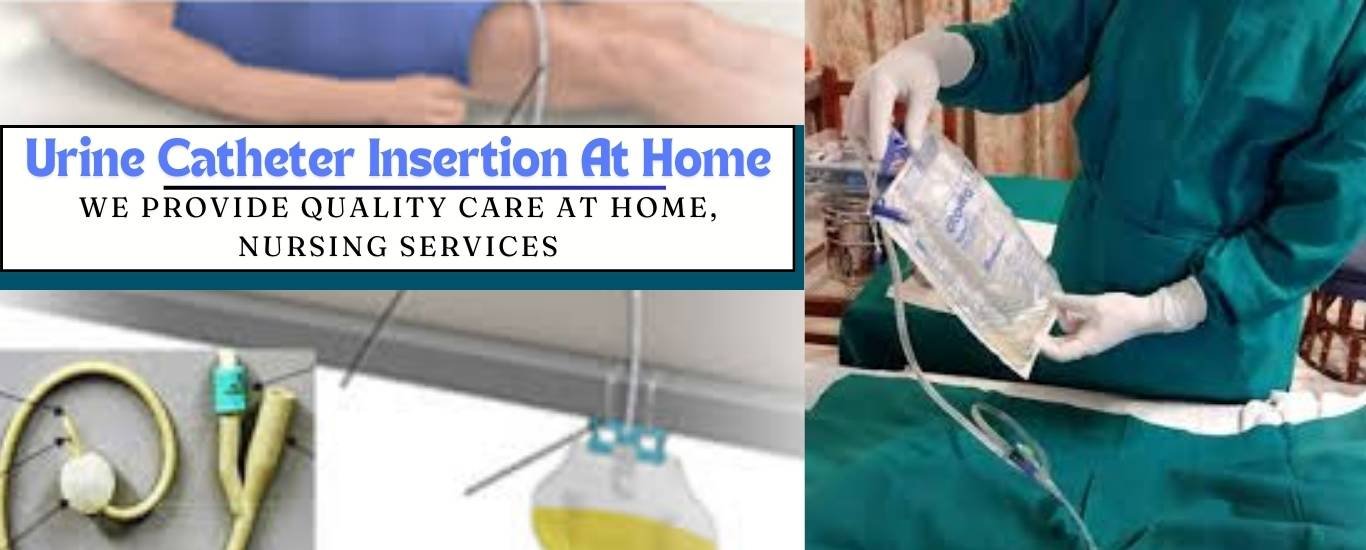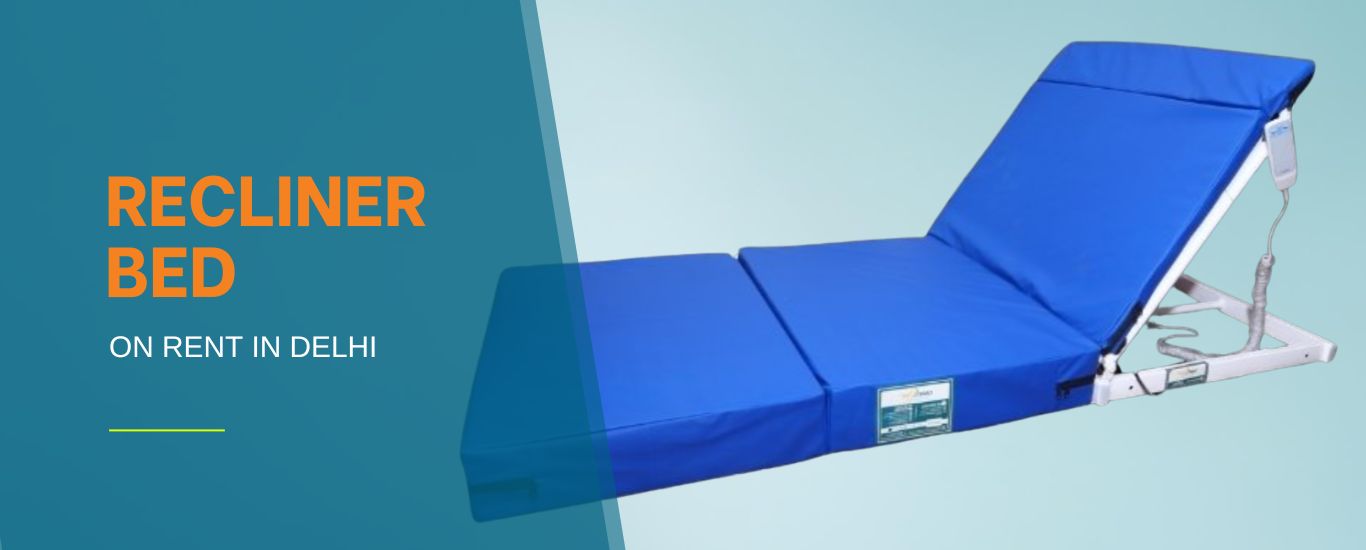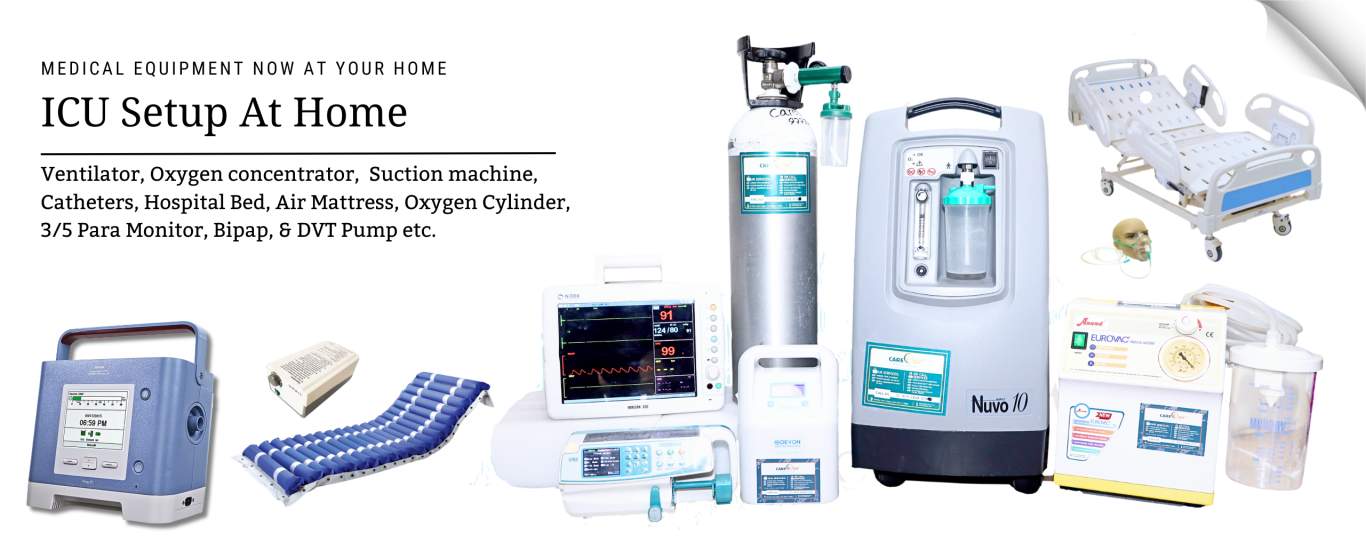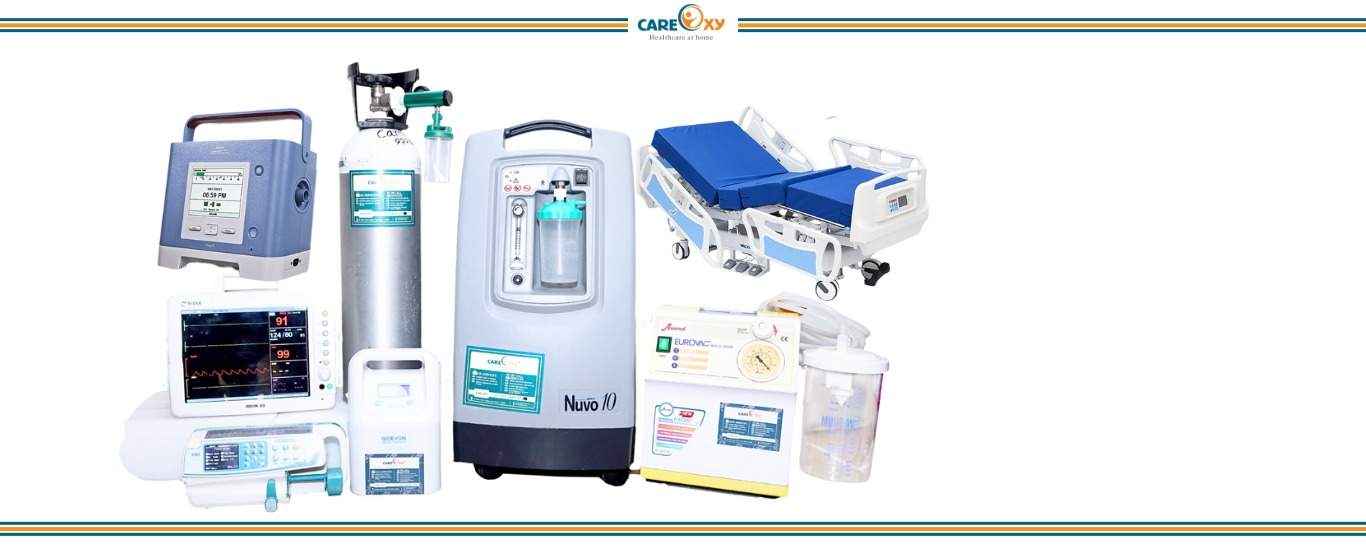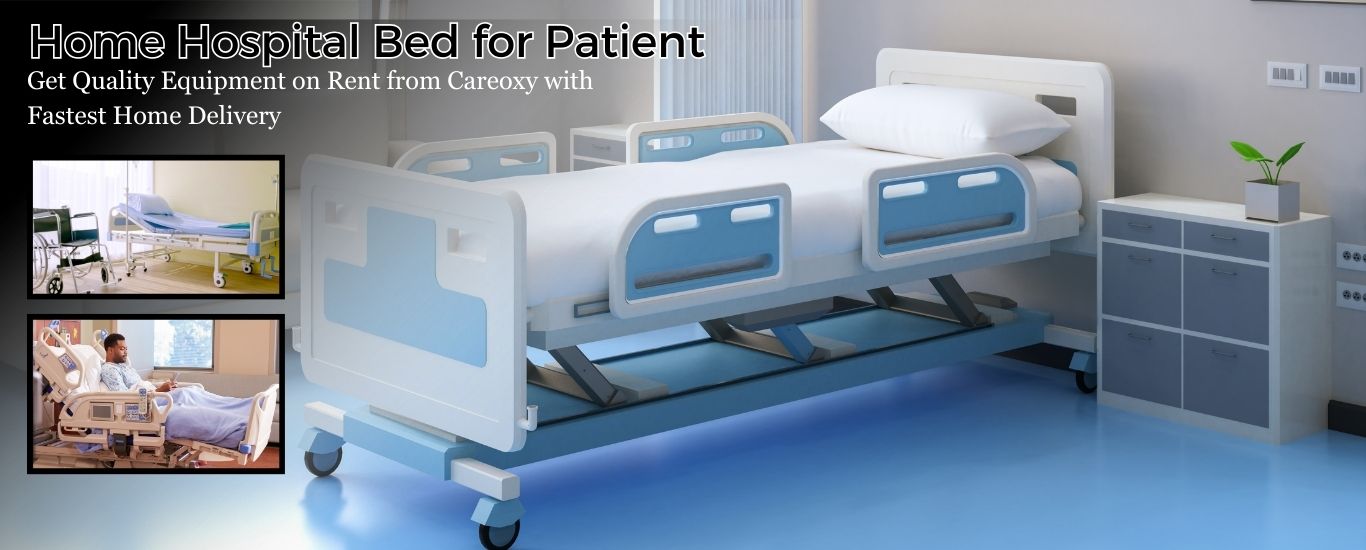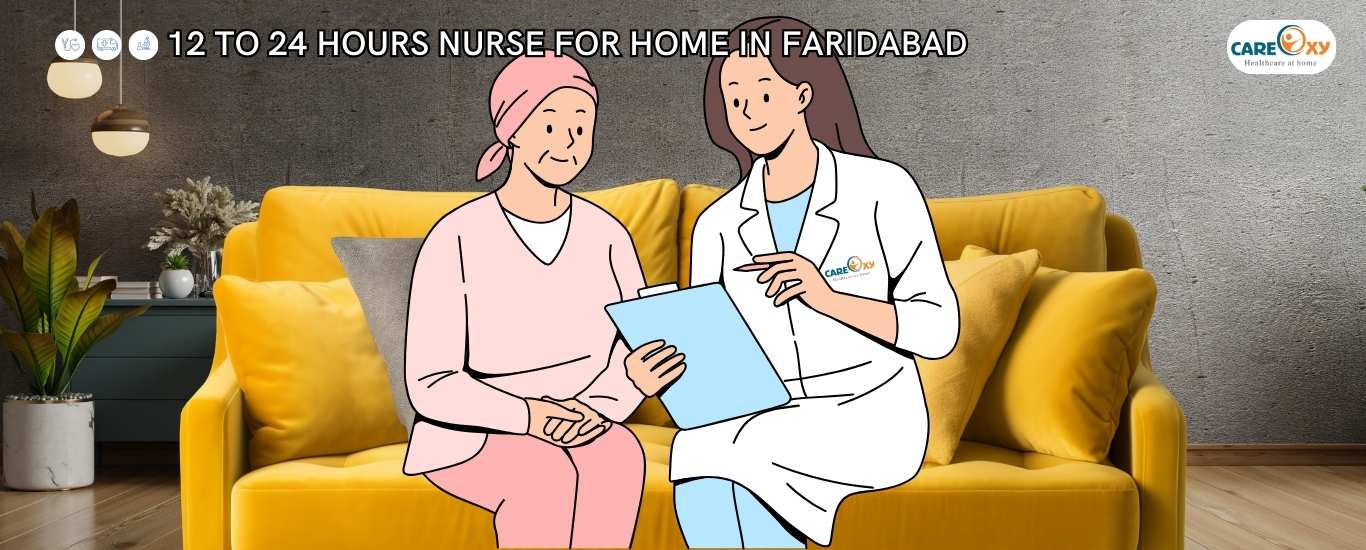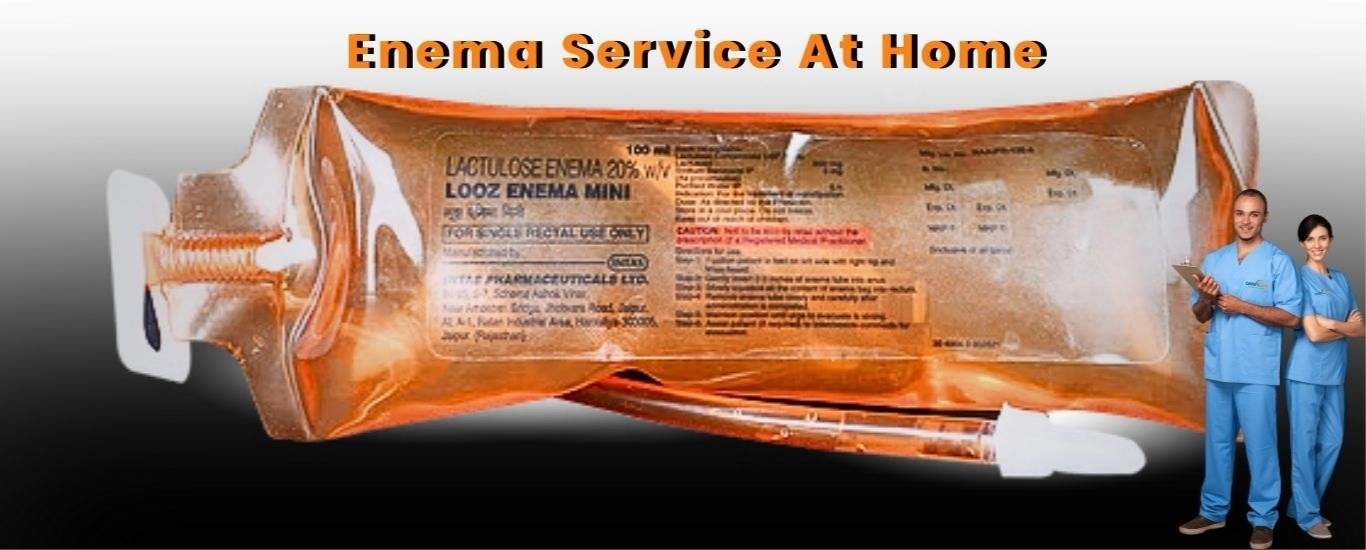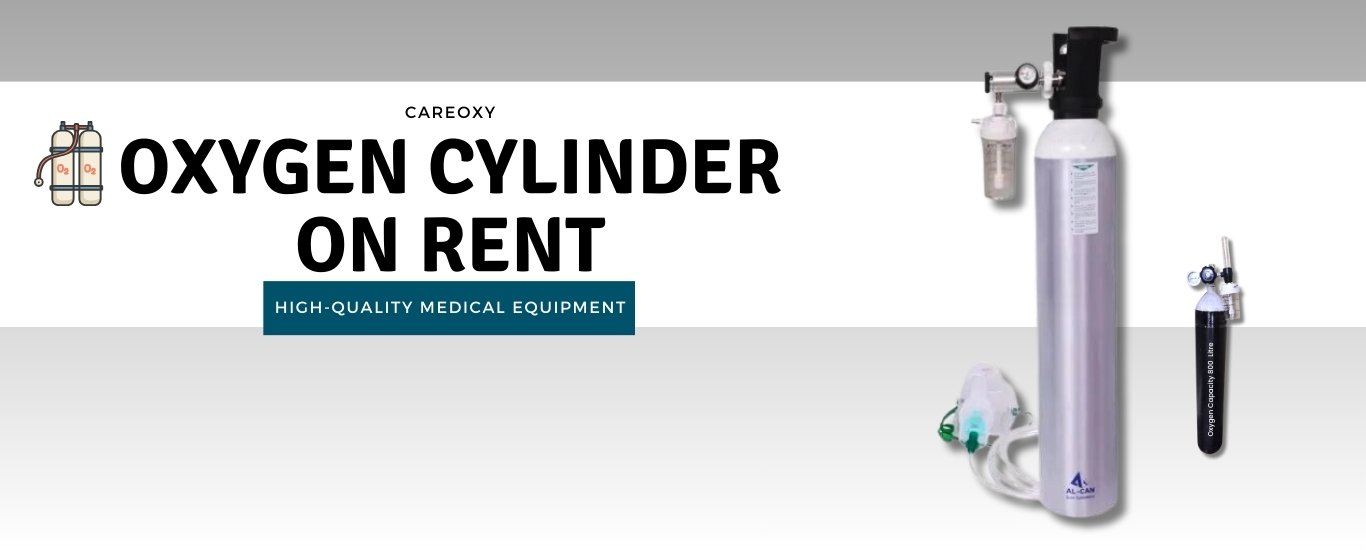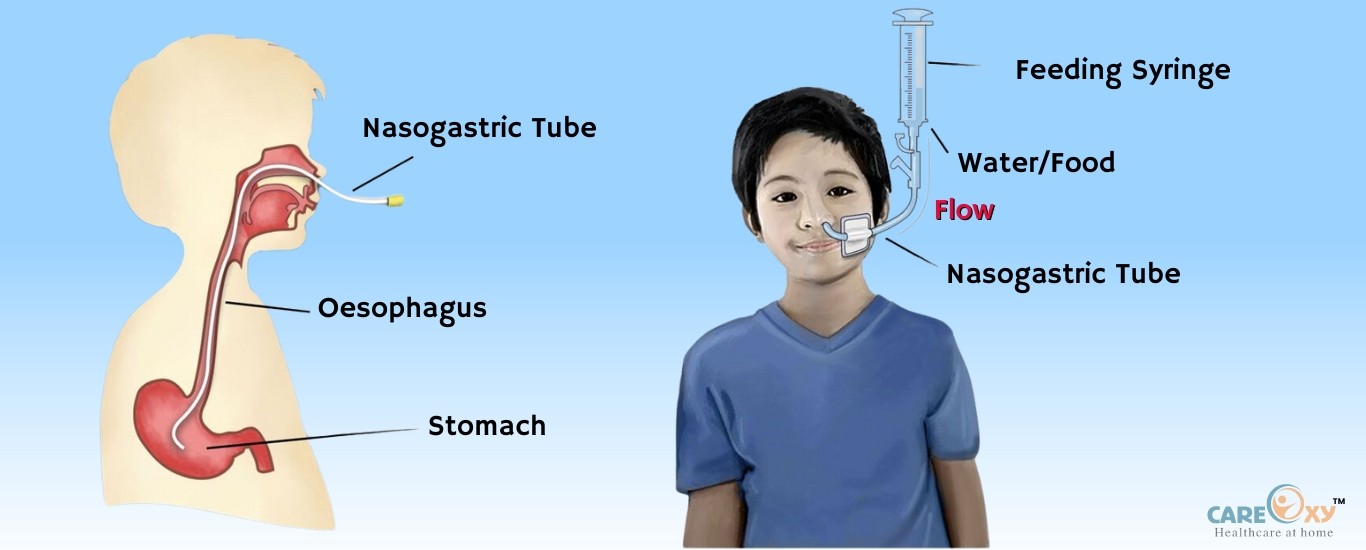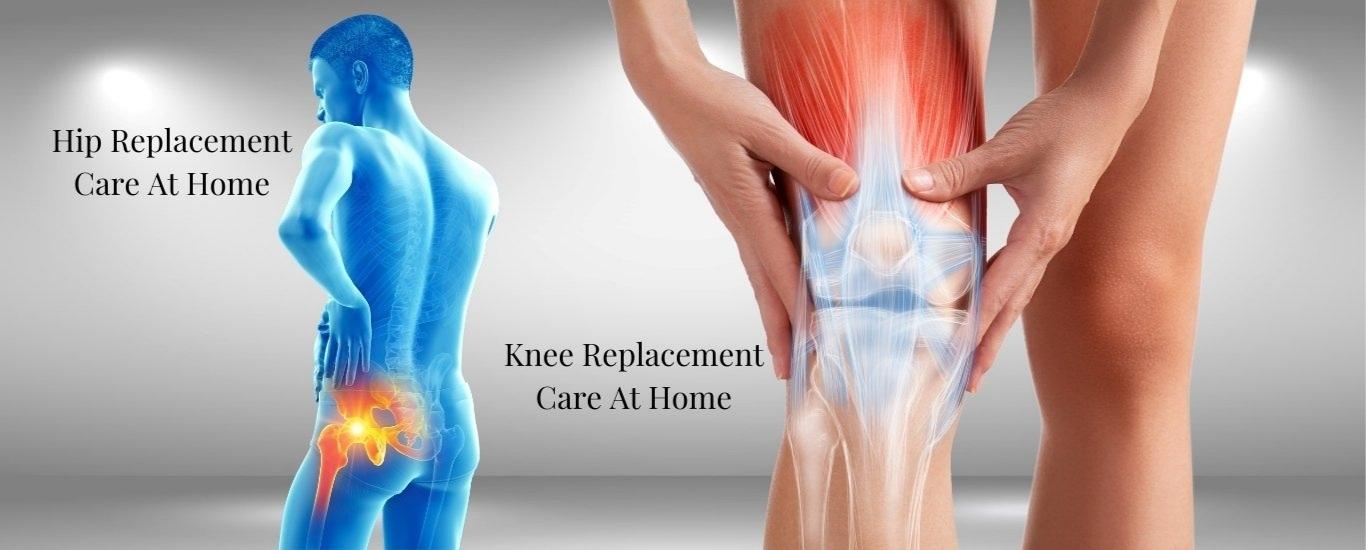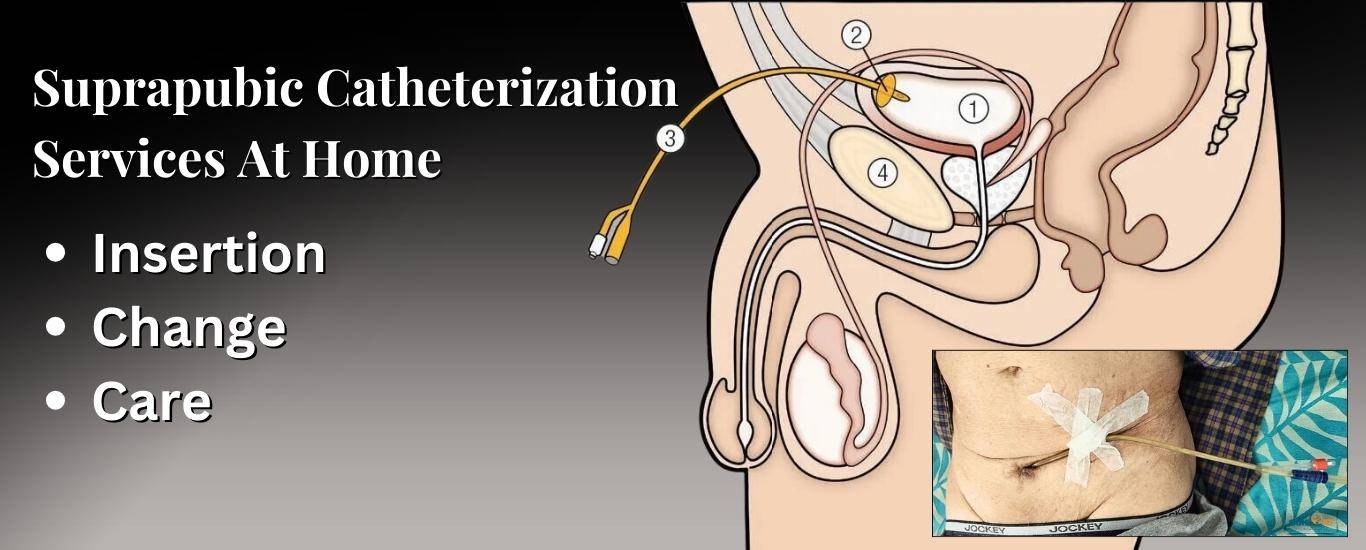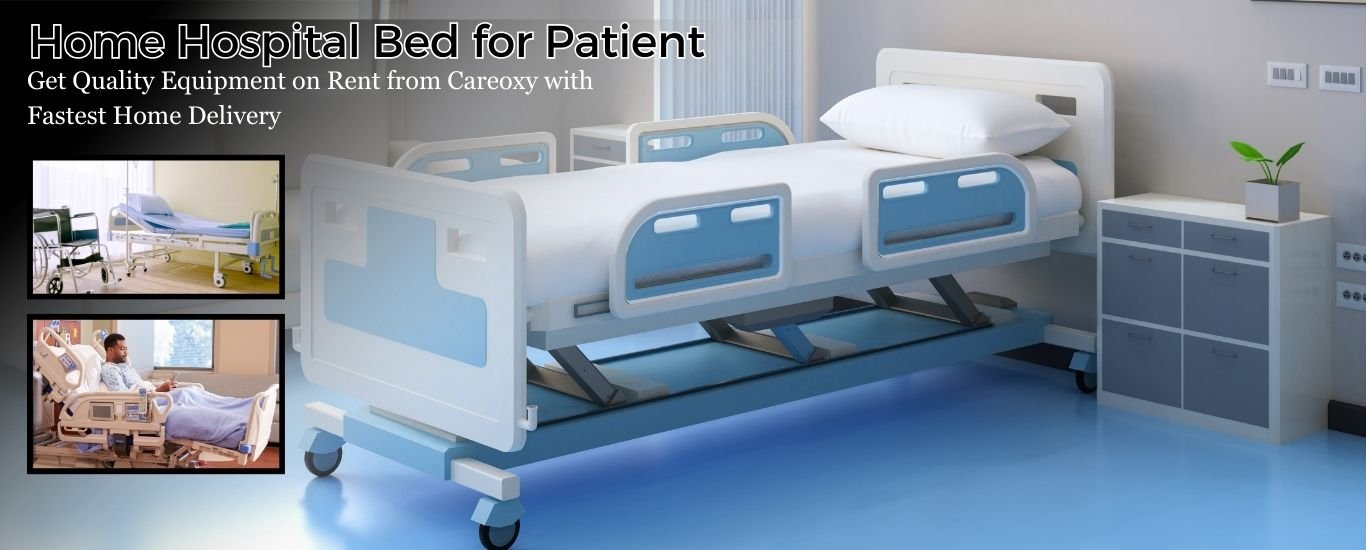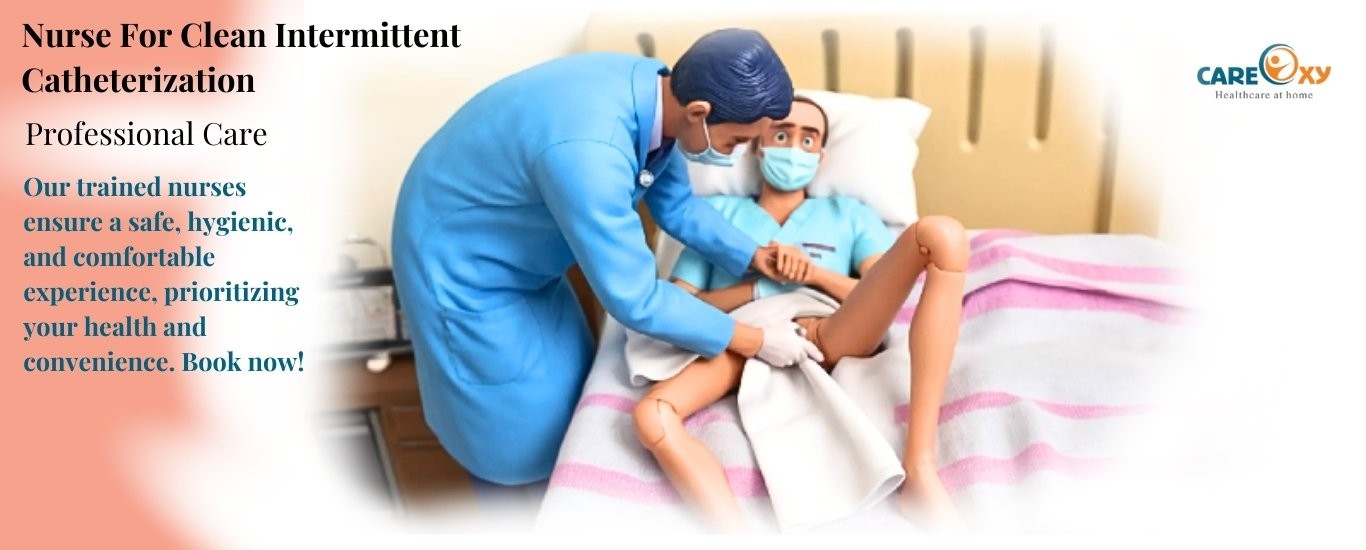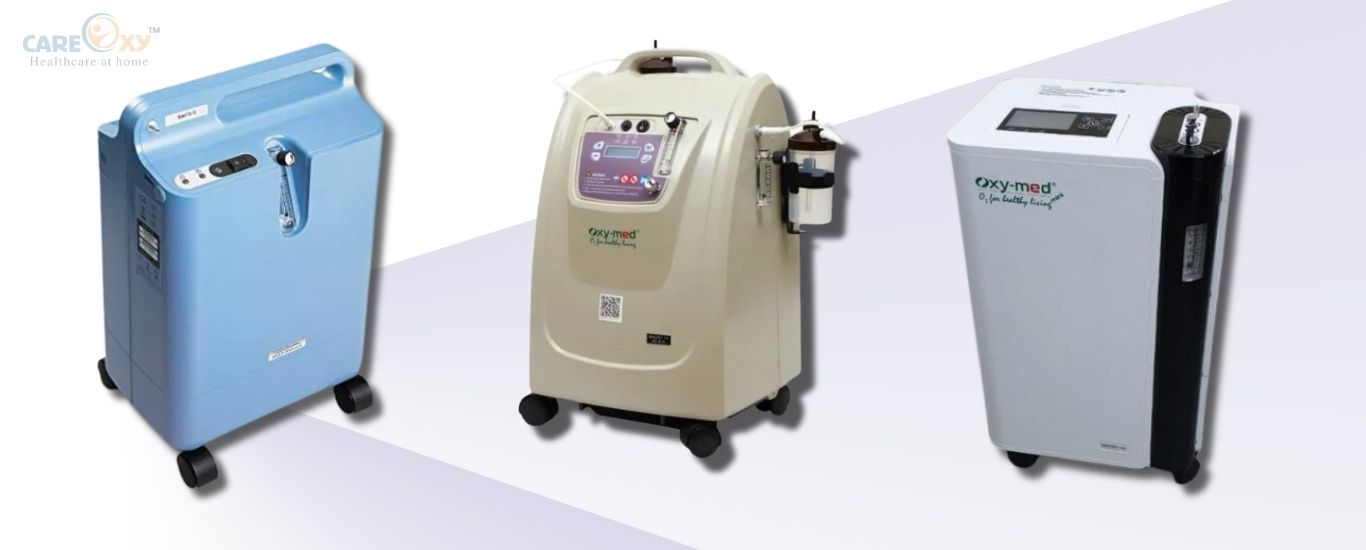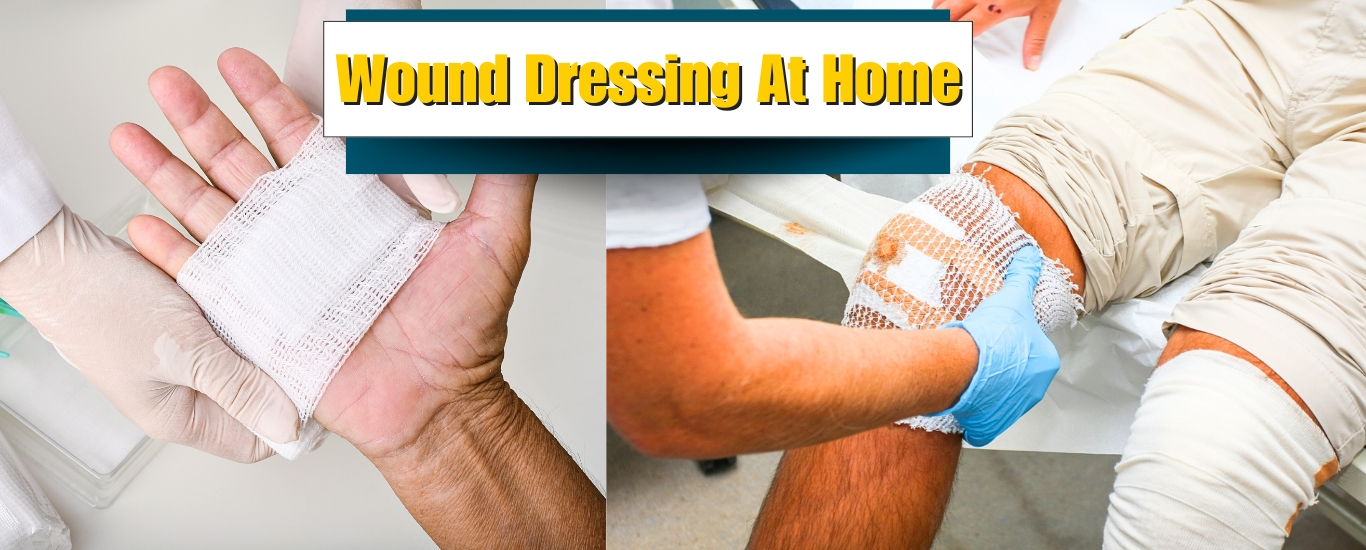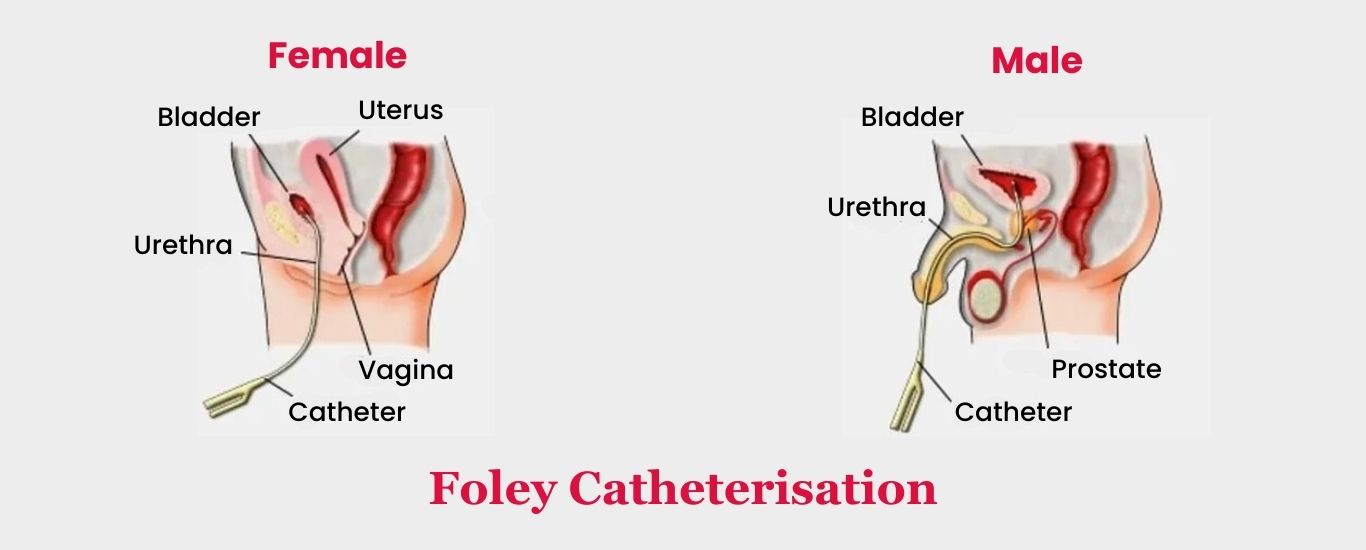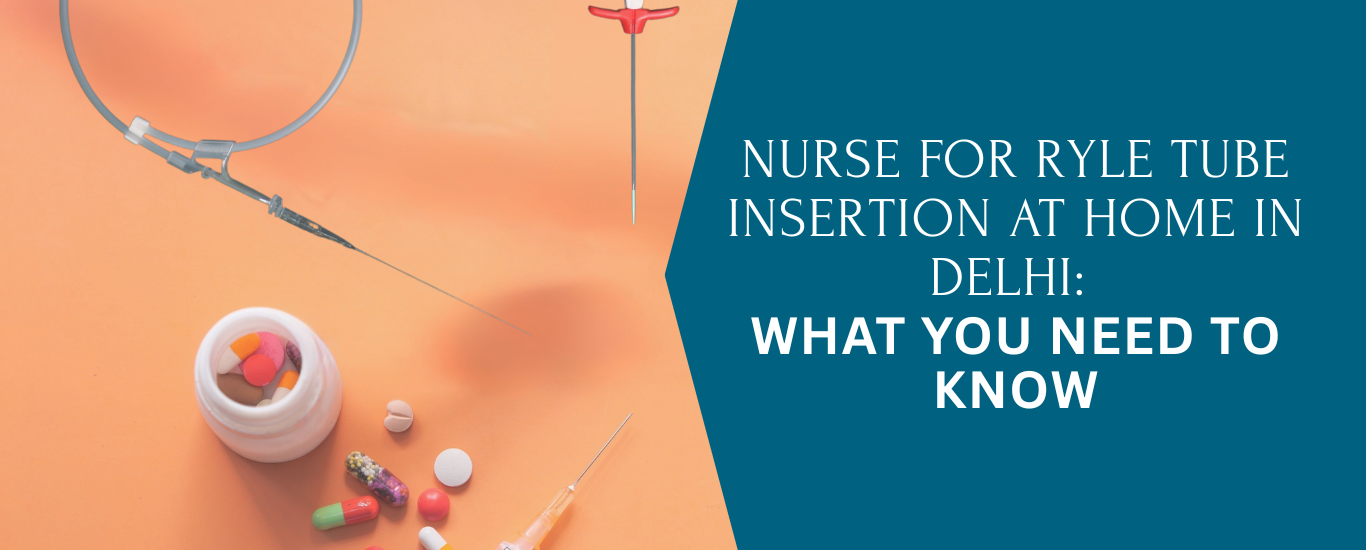Terms and Conditions
CO/TC/2024/10/VOL2
1. Introduction
At CareOxy Healthcare Services, we are committed to providing top-quality care while prioritizing patient safety and data privacy. These Terms and Conditions outline your rights, our service standards, and payment guidelines to ensure a seamless, secure experience for all.
At CareOxy Healthcare Services Private Limited, we prioritize your privacy and are dedicated to keeping your personal information secure. This Policy describes how CareOxy and our partners handle and protect your data.
This policy applies to everyone using CareOxy services, whether you buy, browse, or inquire about our products on our website, mobile app, or other platforms like call centers and offices.
In this document, "you" refers to the user, and "we" or "us" refers to CareOxy. When we mention our website, it includes all CareOxy websites, mobile sites, and apps.
By using our website or any of our channels, you agree to this Policy. If you disagree, please do not use CareOxy’s services. This policy does not cover third-party websites linked to CareOxy. Please check their privacy policies separately, as they may be different.
Terms and Conditions for CareOxy Caregiver & Nurses Service
CareOxy (CareOxy Healthcare Services Pvt Ltd) aims to provide excellent care by focusing on patients and using technology. We need your cooperation for best results. Please read this Agreement carefully as it outlines the understanding between you (the “Patient”) and CareOxy (the “Agency”) regarding the services you have requested. If you have any questions, please ask our authorized representative.
2. Key Points
(A) Service Explanation: A CareOxy representative will clearly explain the services to you or your family member.
(B) Service Categories: The difference between service categories and what they include will be explained.
(C) Shift Timings: Shift timings will be confirmed during the onboarding process.
(D) Care Assessment: Each patient will undergo a standard care assessment and receive supervision as per our protocols.
(E) Staff Assignment: Staff will be assigned based on care needs. And staff profiles will be sent before the onboarding process. If staff is not available, we will make alternative arrangements.
(F) Service Pause: If unavoidable circumstances arise, services may be temporarily paused until alternative arrangements are made.
(G) Booking and Payment:
- Payment for services is required in advance.
- If the same employee works during their leave or public holidays, additional charges may apply.
- The cost of supplies used by the staff for care will be billed separately.
- Transportation charges may vary depending on the patient's travel needs.
- If staff are injured during service, the family is responsible for their treatment.
- Any equipment used will incur a cost, and the family must ensure proper conditions for its use.
- All outstanding payments must be settled before the patient is discharged.
- If payment is not made, CareOxy may pause services until payment is received. Patients will be updated regularly on the status of their payments
(H) Monitoring and Follow-up: Your needs will be reviewed by a supervisor, and services may change accordingly.
(I) Signature: By signing below, you confirm that you understand and agree to these terms.
(J) Medical Records: At the end of service, the nursing supervisor will provide a closure report.
(K) Use of Services: You agree to use our services for lawful purposes and in accordance with these Terms & Conditions. You may not use our services for any illegal or unauthorized purpose, including but not limited to violating any applicable laws or regulations.
(L) Eligibility: You must be at least 18 years old to use our services. By accessing our website or using our services, you represent and warrant that you are at least 18 years old and have the legal capacity to enter into this agreement.
(M) Account Registration: In order to access certain features of our services, you may be required to register for an account. You agree to provide accurate, current, and complete information during the registration process and to update such information as necessary to keep it accurate, current, and complete.
(N) Privacy: Your privacy is important to us. Please review our Privacy Policy to understand how we collect, use, and disclose your information.
(O) Intellectual Property: The content on our website, including but not limited to text, graphics, logos, images, and software, is the property of CareOxy and is protected by copyright and other intellectual property laws. You may not use, reproduce, modify, or distribute any content from our website without our prior written consent.
(P) Governing Law: These Terms & Conditions shall be governed by and construed in accordance with the laws of [insert jurisdiction]. Any dispute arising out of or related to these Terms & Conditions shall be subject to the exclusive jurisdiction of the courts located in Tis Hazari, New Delhi.
(Q) Amendment: CareOxy reserves the right to amend or update these Terms & Conditions at any time without prior notice. Any changes to these Terms & Conditions will be posted on our website.
3. Proactive Service Checks
When you use services from CareOxy such as caretaker, nurse or medical equipment rental, our dedicated team may visit your home with or without notice. This visit is to ensure that you are receiving the best possible care and to check that all medical equipment is working properly, ensuring your peace of mind and safety.
4. Responsibility During Caretaker Unavailability Due to Unforeseen Events
If our caretakers or nursing staff are unable to attend to your patient due to circumstances beyond our control—such as national holidays, festivals, natural disasters, curfews, or other unforeseen events—we will promptly inform you. During this time, you will have to take responsibility for your patient yourself. Please be prepared to take responsibility for the patient's immediate needs at such times.
5. General Terms and Conditions
- Contract Term: This contract begins on the signature date and lasts for one year or until services end, unless extended or terminated earlier.
- Payments to Employees: Employees must not be paid directly in cash or online unless approved by management.
- Fees: Fees include all applicable taxes, but do not include GST.
- Service Limitations: CareOxy employees will only perform the services outlined in this contract. Changes must be in writing and signed.
- Facilities: Employees' basic needs (food, accommodation) must be provided by the family.
- Domestic Work: CareOxy staff will not perform domestic work such as cleaning or cooking.
- Respect for Employees: CareOxy staff must be treated with respect by the family.
- Holiday Policy: Staff may earn one holiday day for every 7 days worked.
- Staff Replacement: CareOxy reserves the right to replace staff if necessary, ensuring that replacements are equally qualified.
- Termination: Either party may terminate the agreement with 24 hours notice or by mutual consent. Immediate termination may occur if obligations are not met.
- Non-Request: The family may not hire CareOxy staff for 12 months after termination of the agreement. Violation of this will result in damages equivalent to three months' pay.
- Contract Validity: This Agreement is valid until the death of the Beneficiary. No refund will be issued in case of death or transfer.
- Governing Law: This Agreement is governed by Indian law, and disputes will be settled in the courts of New Delhi.
6. Liability and Indemnity
- Safety: Your safety is a priority, but you acknowledge that there is risk in receiving the Services. By accepting the Services, you agree to share responsibility for safety.
- Liability: CareOxy is not liable for any infection, injury or death caused by the Services. You release CareOxy from any claims related to these issues.
- Indemnity: You agree to indemnify CareOxy for any claims resulting from personal injury, illness or property damage sustained by you or others on our premise
7. Payment Policy
(A) Applicable Services: All Services including Attendant, Nursing Care, Critical Care, Physio, Medical Equipment, Nursing Short Visits, Dressing, Injection, etc.
(B) Direct Payment Prohibition: You cannot pay CareOxy's caretaker, or nurse directly unless CareOxy says so in writing. If you do this, you will be responsible and you may have to pay double the money to the company
(C) Payment Mode: Online, NEFT, Debit Card (with 2% extra charge),, Credit Card (with 3% extra charge), and Cash payments are accepted. CareOxy promotes and prefers online payment in advance which enables us to pay our caregivers in time without hassle. For Terms and Conditions.
(D) Payment Information: To book services, you can make payments through the following methods: CareOxy Healthcare Services Private Limited QR code, payment link, or account details shared by the CareOxy team. Or There is a link to RazorPay on CareOxy's website through which you can make the payment.
(E) Don’t Pay To Any Other Account: Please ensure that payments are made only to the official CareOxy account. Do not make payments to any team member's personal account, Online, or in cash.
(F) Safety: Beneficiaries accept risks associated with services and release CareOxy Healthcare Services Private Limited from liability.
(G) Control: CareOxy Healthcare Services Private Limited isn't liable for actions beyond its control or those under the Beneficiary's supervision.
(H) Indemnity: Beneficiaries indemnify CareOxy Healthcare Services Private Limited for any claims arising from their negligence.
(I) Authorization: Beneficiaries consent to treatment, release of medical records, and communication with doctors.
(J) Consent: Beneficiaries agree to treatment, acknowledge responsibility for outcomes, and allow the use of photos/videos for educational/promotional purposes.
(K) Emergency Treatment: Beneficiaries authorize CareOxy Healthcare Services Private Limited to provide or obtain necessary medical treatment during emergencies.
(L) Patient Critical Care Disclaimer: In patient critical care, CareOxy provides staff according to the information you provide about the patient as per the patient's condition and your demand. If the patient is suffering from any serious illness and something goes wrong with the patient during this time, then CareOxy Company and our staff will not be responsible.
(M) Staff Assignment Timeline: After the service is booked, you will have to give at least 24 hours to the company to send staff so that the company can provide a good staff for you.
(N) Staff Assignment Policy:
- You cannot reject a staff sent by CareOxy upon their arrival without assessing their capability. However, if the staff is unable to perform the assigned duties, you are entitled to request a replacement.
- CareOxy has a group of caretakers and nurses to provide the service. CareOxy will ensure that the caretaker and nurse appointed are as per your preference but this may not be possible every time. CareOxy reserves the right to consider any caretaker suitable for the service. CareOxy does not guarantee that the same caretaker or nurse will be appointed on all days. CareOxy may appoint any caretaker on any day without any notice.
- The company will try to send the same staff to your patient whose profile has been shared by the CareOxy agent. If for some reason that staff is not available then it will send you the profile of another competent staff.
(O) Hospital & Home Details: If the patient is currently in the hospital, you will have to provide both the hospital address and home address details.
(P) Disclosure of Patient’s Condition: Every patient is different, so upon receiving your request at CareOxy, we discuss in detail the specific medical condition and then suggest the best course of action based on the patient's illness so that we can provide the best and most qualified staff to the patient.
8. CareOxy Service and Agreement Guidelines
- Service Contract: A service contract is entered into with the company at the time of booking the service.
- Appointment and Booking Confirmation: Appointments and bookings with CareOxy can be made through the CareOxy website or mobile number. You can then request for the service and inform the CareOxy agent of the amount of the booking. You will then be eligible to avail the service once the company receives your money receipt.
- Booking Schedule: If you book service after 6 pm then staff will be provided to you within 24 hours.
- Contract with the client: Before starting the service of Care Oxy, a contract has to be signed. This process will be manual. Once you complete this contract process, you will be eligible to avail the service.
- Client Advisory - Independent Agreement with Caregiver Staff: When our CareOxy team visits a client's home to sign an agreement, it’s important to note that an additional agreement is also signed between the company and the caretaker staff. This arrangement is strictly between CareOxy and the caretaker, and the client does not hold the authority to prevent the company from formalizing this agreement with the caretaker staff. This ensures transparency and clarity in our service provisions.
9. Termination
- Patient Complete Details: You must not hide anything about the patient's illness. You must tell about all the illnesses of the patient. If you hide any illness of the patient, then the company can terminate the service at any time.
- Staff Respect: On the day of service, our staff may occasionally experience delays due to uncontrollable circumstances (traffic, medical emergencies, etc.). The client does not have the right to misbehave or act rudely with the caretaker or nurse due to delays. Such behavior will lead to the termination of services without prior notice, and the service fee is also not refundable.
- Non-Payment After Service: If the client fails to pay the due amount after the service has ended, they will be required to pay the outstanding amount along with a penalty of ₹50 per day of delay until the payment is completed.
- Overdue Payments: CareOxy reserves the right to suspend or terminate services immediately if payments remain overdue for an extended period, despite multiple reminders. Continuation of services requires timely settlement of all outstanding dues with a penalty of ₹50 per day of delay until the payment is completed.
10. Medical Equipment Terms & Conditions
(A) Rental Equipment Damage and Liability Policy
- The equipment should be thoroughly inspected at the time of renting, after that if any physical damage occurs then you will be responsible.
- If the equipment or accessories rented is damaged/stolen by the customer during the relevant period, then the customer is liable to pay the cost of the damaged/stolen part/equipment. No excuse will be accepted.
(B) Rental Period Policy: Early Return and Late Extension Guidelines
- If the equipment is rented for a fixed period and if the equipment is returned before the stipulated time, then the customer has no right to claim the amount for the remaining period, be it a day or an hour.
- If the equipment is hired for a fixed period and if the equipment is not returned before the stipulated time, the Company may charge the customer for the entire month's rent, be it a day or an hour.
(C) Understanding Equipment at Delivery : The medical equipment should be thoroughly understood at the time of delivery and a free demo will be given. After installation, if you want to take a physical demo again, then you will have to pay an additional Rs. 600/- per visit. If you want to take an online video demo, then it will be given free of cost.
(D) Customer Responsibility for Equipment Care: It is the customer's responsibility to take care of the equipment for which the invoice is issued.
(E) Equipment Replacement Policy and Service Hours: Replacement of the equipment or accessories hired at any time during the rental period will be at the Company's discretion. Services will be provided only during office hours, i.e. from 9 AM to 6 PM.
(F) Rental Extension and Return Notification: It is the customer's responsibility to inform the Company for extension or return of the equipment; otherwise it will be assumed that the customer is interested in extending the use. In that case the customer will have to pay rent for an extended period.
(G) Customer Identification and Dispute Jurisdiction: Customer means the person in whose favour the invoice is issued. All disputes are subject to Delhi jurisdiction.
(H) Rental-Only Policy: Only rental, not sale of any medical equipment.
(I) Non-Refundable Amount: This amount will not be refunded under any circumstances.
(J) For Medical Equipment: We require PDC check, copy of Aadhar card, online payment, cash for security or any other address proof for rental of medical equipment. And if the equipment is damaged then the company recovers from you.
11. Brief Home Visit By Nurses/On-Call Services
(A) Urinary catheterization
You should check the urinary catheter thoroughly to ensure there are no leaks and urine is flowing properly into the pipe. If you have any doubts, get it fixed by the technician at the same time. If there is a leak after the urinary catheterization is installed and you call the team again to fix it, you will have to pay the fee again.
(B) Ryle’s Tube Change at Home
- The process of inserting the Ryle Tube is done by our trained technicians who are experts in this work and after the process is done, a check is done. If you have any doubts, you can contact us.
- This work is risky CareOxy and employees are not responsible for any kind of incident.
(C) Tracheostomy Tube Change At Home
The tracheostomy tube change is conducted by skilled technicians experienced in this delicate procedure. A comprehensive check is done immediately after the procedure to ensure the tube is secure and functioning correctly. Raise any concerns with the technician before they leave. Due to the nature of this procedure, CareOxy and its employees are not liable for any adverse incidents during or post the tube change. If you require an additional visit after the technician has left, a revisit fee will apply.
(D) Wound Dressing
We provide professional wound dressing services right in the comfort of your home. Our skilled professionals ensure that the dressing is applied perfectly. If you have any concerns about the comfort of the dressing or feel that it isn’t done properly, please communicate this to our staff while they are still at your home. If you contact CareOxy after our staff has left, you may incur an additional fee for another visit.
(E) Injection & IV Infusion Service At Home
Our trained professionals handle injections and IV infusions with utmost care to ensure proper administration and comfort. After completing the injection or infusion, our professionals perform a thorough check to ensure there are no discomforts or issues. If you have any doubts, please address them before the professional leaves. If there’s a need for our team to return for adjustments after the professional has left, a revisit fee may be charged. Our staff follow strict hygiene and safety protocols to minimize risks associated with injection and IV services.
Note: For all CareOxy’s at-home On Call/Short Visit medical services, our trained professionals conduct thorough checks immediately after completing each procedure to ensure safety and functionality. If you have any questions or notice issues during the visit, please address them with our staff on the spot.
Due to the specific nature of these procedures, if an additional visit is needed after the professional leaves, an extra fee will apply. CareOxy follows strict safety and hygiene protocols, but we are not liable for any complications arising during or after the service.
Note: Make sure you understand all the terms and conditions stated above to ensure that you agree with your full consent and agreement with Careoxy.
Thank you for choosing CareOxy. We strive to provide you with exceptional service and support, and we appreciate your understanding and cooperation regarding our cancellation procedures.
12. Contact Us
If you have any questions or concerns about these Terms and Conditions, please contact us:
If you have any concerns or feedback about our Services, please speak to the staff or contact our Service Excellence Desk at support@careoxy.com.
Acknowledgement: I confirm that I have read and understand the information above.
Privacy Policy
CareOxy Privacy Policy
CO/PP/2024/10/VOL2
1. Introduction
Careoxy Healthcare Services Private Limited (“Careoxy”) respects your privacy and is committed to protecting your personal information. This Privacy Policy explains how we, together with our subsidiaries and affiliates, collect, handle and safeguard your personal data.
This Policy applies to any individual (“User”) who purchases, inquires or plans to purchase products or services from Careoxy through our website, mobile app, call center or physical offices (all referred to as “Sales Channels”).
Here, “you” refers to the User, while “we”, “us” and “our” refer to Careoxy. The term “Website” includes our website, mobile site and mobile app.
By using our website or any other Sales Channel, you agree to this Privacy Policy. If you do not agree, please do not use our Services.
This Policy does not cover third party websites or apps, even if they link to us. We recommend that you review the privacy policies of all third parties you interact with.
This Privacy Policy is part of your User Agreement with Careoxy. Terms used but not defined herein have the meanings ascribed to them in the User Agreement.
2. Who We Are
CareOxy provides home care services to improve the quality of life of patients or senior care at home. The security of your personal information is important to us.
3. What Information We Collect
We collect certain information to provide our services effectively and meet our legal and contractual responsibilities. Here’s the information we collect:
(A) Personal details: Your name, address, email, phone number, Aadhaar card, PAN card, voter ID card, religion, date of birth and insurance details.
(B) Health information: Your medical history, health conditions, treatments and medications.
(C) Website usage: Your IP address, browser type, device information and the pages you visit on our site.
(D) By Careoxy Team: Careoxy team may collect patient details by mail, WhatsApp or calling. For any doubts, you can visit careoxy.com or email us at support@careoxy.com.
(E) Other Information: We may gather additional information, such as:
- Transaction history related to your purchases and interests.
- Security details like usernames and passwords.
- Documents like PAN Card, Aadhaar, or any ID needed to verify your identity for our services.
- Social media information, with your permission, if connected with Careoxy.
- Information on Other Patients: If you’re booking services for others, please confirm that they have agreed to share their information with us.
4. How we use your information
We use your information for the following:
- Providing Services: To provide you with the care you need.
- Communication: To contact you about your care, appointments and updates.
- Service Improvement: To improve our services and resolve technical issues.
- Personalization: To make our services better suited to your needs.
- Billing: To process payments and handle insurance claims.
- Legal compliance: To comply with laws and regulations.
- For Bookings: To complete bookings, we use your information (e.g., payment details) to ensure the process is quick and secure.
- For Confirmations: We may contact you by SMS, WhatsApp, or email to confirm your booking or share any updates.
- For Customer Service: To help us provide better support, address issues, and offer personalized content and services.
5. Who we share your information with
We may share your information in these situations:
- Service providers: With third-party companies that help us provide care.
- Legal reasons: If required by law or during a legal investigation.
- Business changes: If our company is sold or merges with another, your data may be transferred.
- With your consent: We will ask for your permission to share information for other reasons.
6. How we protect your data
We use encryption, firewalls, and access controls to protect your information from unauthorized access.
7. How long we keep your data
We keep your information as long as necessary to provide services or as required by law. If you want us to delete your data, email us at support@careoxy.com.
8. Your Rights
You can ask us to view, correct, or delete your information. You can also withdraw your consent to us using your data. To do so, contact us at support@careoxy.com.
9. Third-Party Websites
Our website may link to other sites that we do not control. This Privacy Policy applies only to CareOxy, and we are not responsible for the privacy practices of other websites.
10. Children’s Privacy
We do not book services from, and do not collect any information from, children under the age of 18. If you think we have information about a child, please contact us.
11. Policy Updates
We may update this Privacy Policy, and any significant changes will be posted on our website or sent directly to you.
12. Disputes
Any disagreement relating to this Policy will be resolved through arbitration.
13. Governing Law
This Policy follows the laws of New Delhi, India.
14. Your Consent
By using our website or services, you agree to this Privacy Policy.
15. Surveys and Marketing Promotions
We appreciate feedback from our users and often conduct surveys to improve our services. Participation is always optional, and responses are anonymous unless specified.
We also use your contact information to let you know about offers, programs, or contests that may interest you. These promotions help us understand your preferences, enhance your experience, and offer tailored benefits.
Note: Make sure you understand all the terms and conditions stated above to ensure that you agree with your full consent and agreement with Careoxy.
Thank you for choosing CareOxy. We strive to provide you with exceptional service and support, and we appreciate your understanding and cooperation regarding our cancellation procedures.
16. Contact Us
If you have any questions or concerns about these Privacy Policy, please contact us:
If you have any concerns or feedback about our Services, please speak to the staff or contact our Service Excellence Desk at support@careoxy.com.
Acknowledgement: I confirm that I have read and understand the information above.
CANCELLATION & REFUND POLICY
CO/CRP/2024/10/VOL2
1. Introduction
This Cancellation & Refund Policy outlines the procedures and conditions regarding the cancellation of services provided by CareOxy. By accessing our website or using our services, you agree to comply with this Cancellation & Refund Policy.
At CareOxy Healthcare Services Private Limited, we prioritize your privacy and are dedicated to keeping your personal information secure. This Privacy Policy describes how CareOxy and our partners handle and protect your data.
This policy applies to everyone using CareOxy services, whether you buy, browse, or inquire about our products on our website, mobile app, or other platforms like call centers and offices.
In this document, "you" refers to the user, and "we" or "us" refers to CareOxy. When we mention our website, it includes all CareOxy websites, mobile sites, and apps.
By using our website or any of our channels, you agree to this Privacy Policy. If you disagree, please do not use CareOxy’s services. This policy does not cover third-party websites linked to CareOxy. Please check their privacy policies separately, as they may be different.
2. Cancellation Procedure
if you wish to cancel services provided by CareOxy, you must notify us in writing at least 4 hours prior to the scheduled start date of services. You can send your cancellation notice via email to support@careoxy.com or by contacting our customer support team. The refund will be processed within 10 to 15 Days after deducting a processing fee of ₹2,000.
3. Refund policy
Refund Process for Denied Services:
After Booking, If the Careoxy company denies the agreed-upon caretaker or nursing services due to Staff unavailable, and location issues. A refund will be processed within 10 to 15 days. The 100% amount will be refunded, credited to the same account from which the payment was made.
4. Non-Refundable, Transferable Balance
In the unfortunate event of the patient's death, the amount paid for services will not be refundable. However, the remaining service balance can be transferred to the patient's spouse, to be used within one month.
5. Patent & Copyright
All the rights of the website and other intellectual properties of Careoxy are reserved; any kind of calamity or mishap will be followed by a strict action by the company.
Note: Make sure you understand all the terms and conditions stated above to ensure that you agree with your full consent and agreement with Careoxy.
Thank you for choosing CareOxy. We strive to provide you with exceptional service and support, and we appreciate your understanding and cooperation regarding our cancellation procedures.
6. Contact Us
If you have any questions or concerns about these Cancellation & Refund Policy, please contact us:
If you have any concerns or feedback about our Services, please speak to the staff or contact our Service Excellence Desk at support@careoxy.com.
Acknowledgement: I confirm that I have read and understand the information above.
